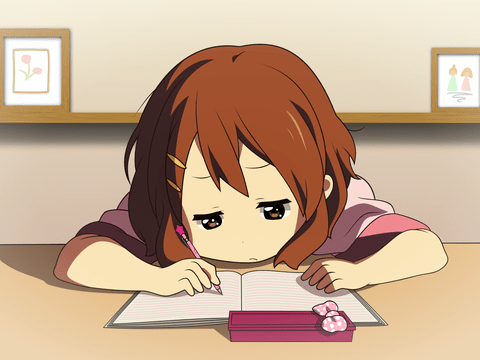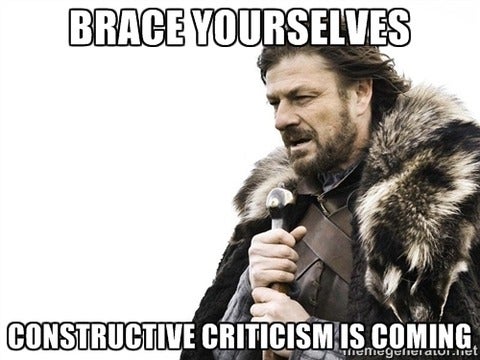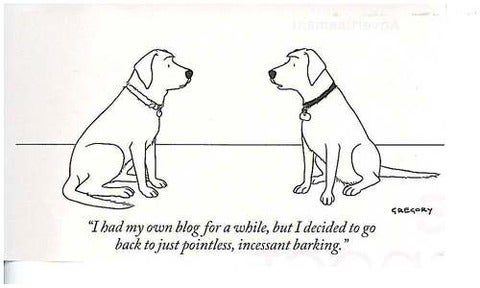"I hate everything I write"
Most of us, and especially those of us who engage in creative writing, have experienced this thought before. Oftentimes when looking back at something we’ve written, we are either ashamed or embarrassed by the quality of our work. It’s a similar sensation to hearing your voice on a recording; do I really sound like that? Did I really write that? There are countless times where I have written something then later crumpled it up and tossed it in the trash. I’m sure many people are familiar with this feeling. But why do we feel it, and what can we do about it?




